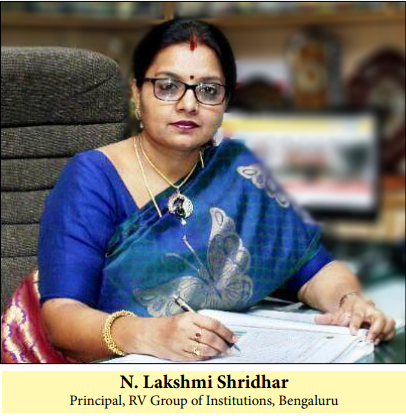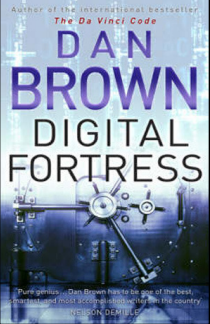
Uncategorized
How an Examination Management System Creates a Unified Workflow for Institutional Assessments
Read More »
January 28, 2026
No Comments

College Education
How Can a College Management System Safeguard Integrity While Driving Institutional Growth?
Read More »
January 21, 2026
No Comments

Uncategorized
Why Is an Attendance Management System the Hidden Pillar of Academic Integrity and Accuracy?
Read More »
January 19, 2026
No Comments

Uncategorized
How Library Management Software Turns Passive Collections into Intelligent Learning Ecosystems
Read More »
January 12, 2026
No Comments

Uncategorized
How Admission Management Software Helps Institutions Move from Reactive Intake to Proactive Enrollment
Read More »
January 6, 2026
No Comments

Uncategorized
Why an Exam Management System Has Become the Foundation of Scalable and Reliable Evaluation Models
Read More »
January 2, 2026
No Comments

Uncategorized
Why Every Scalable Learning Environment Eventually Depends on a Library Management System
Read More »
December 26, 2025
No Comments









